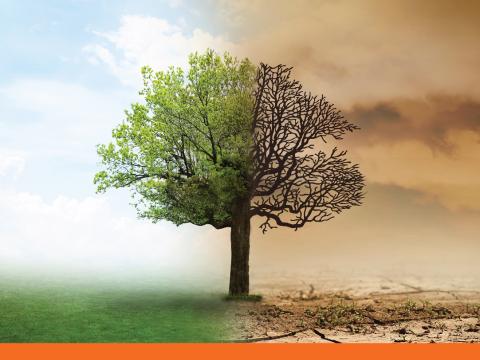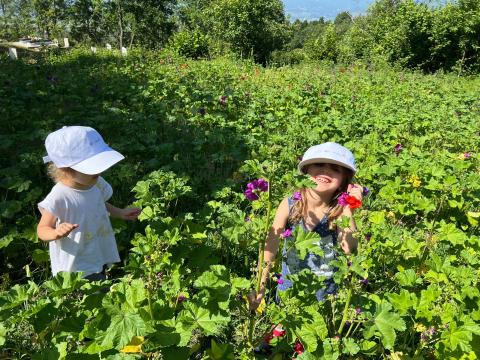Children and Young People’s Perceptions of Climate Change and Environmental Transformation in Albania
Download
Climate change is globally recognized as a critical concern, impacting socioecological systems, and
requiring urgent societal interventions. The Intergovernmental Panel on Climate Change (IPCC) warns of an exceeding 1.5°C rise in global temperatures by 2040, leading to catastrophic social and environmental consequences. These climatic disruptions include increased land and ocean temperatures, frequent heatwaves, heightened precipitation events, and drought risks. Such changes affect ecosystems worldwide, leading to biodiversity loss, ecosystem restructuring, and declining ecosystem services.
Climate change threatens human systems by stressing agriculture, forestry, fisheries, and aquaculture sectors, leading to food scarcity, elevated prices, and economic drawbacks. Health risks due to climate change encompass disease spread, nutritional deficiencies, and heightened health risks during extreme weather events. For the Mediterranean region, where Albania is located, unique biodiversity and socio-cultural attributes are increasingly vulnerable to climate adversities. The area has experienced a 1.5°C rise in surface temperatures, intensifying climatic extremes like heatwaves, droughts, and floods, affecting ecosystems and human activities. Albania has seen notable climatic shifts over the past decade, characterized by increasing temperatures and rainfall patterns, leading to amplified risks of storms, floods, and wildfires.
Such fluctuations impact sectors like agriculture, water, energy, and health. While Albania has legislated to address climate change and drafted strategies to mitigate its effects, areas remain for improvement, such as enhanced access to climate information and improved monitoring mechanisms. Reports of the country's climate strategy underline agriculture and biodiversity as especially vulnerable areas, with shifts in temperature and precipitation posing challenges to crop yields and ecosystem diversity.
The aim of this study was to explore how children and young people in Albania articulate environmental knowledge, their level of concern about climate change, their level of understanding of the consequences and impact on their lives, and their level of preparedness for climate change disasters. In addition to listening to the voices of children and young people, this research also explored how perceptions of climate change vary across different generations. Through a mixed-method design, this research delved into the perceptions of climate change among children, adolescents, and young people in Albania. Using qualitative key informant interviews and quantitative surveys, data was gathered from a convenient sample representing diverse communities where World Vision has active programs. We have obtained several pivotal insights into the perceptions and understandings of climate change among various age groups in Albania. These key findings shed light on the current state of climate awareness and action and underscore areas that demand attention and intervention.

